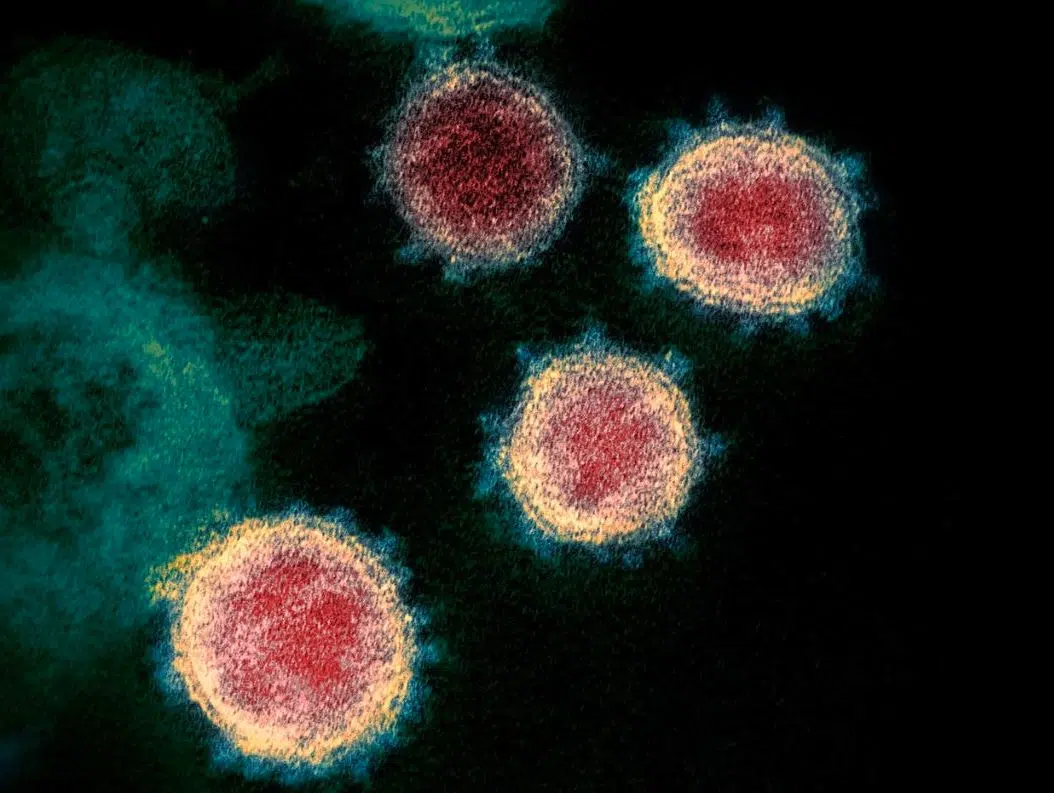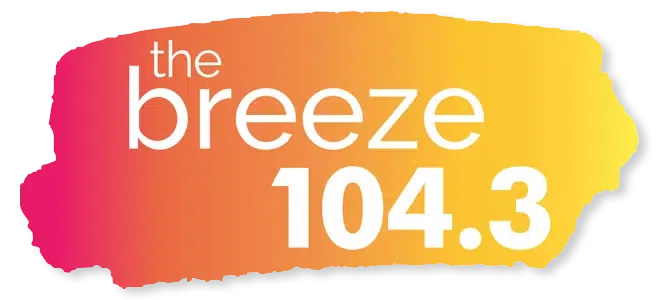
British Columbia is in the third wave of the COVID-19 pandemic as health officials report another 1,785 cases of the virus and 16 related deaths over the weekend.
“We ask about whether we’re in a third wave, and it really is,” she said today. “We’ve come down from the peak of our second wave, and we have levelled out for many weeks now. And it’s a slow and steady increase.”
There were 84 new cases and one new death in Interior Health today, with 1,010 of the weekend cases in Fraser Health, 469 in Vancouver Coastal, 133 in Northern Health, and 89 on Vancouver Island. Over the weekend, 556 of the cases were from Friday to Saturday, 598 from Saturday to Sunday, and 631 cases were from Sunday to Monday.
There were also 166 new variant cases reported over the weekend taking the total to 1,366 in the province, 237 of which are active. Henry says so far the province is not seeing any increased risk of hospitalization or death from the variants.
The vast majority of these cases are the B.1.1.7 (UK) variant, which accounts for 1,240 of the total variant cases. There are also 41 cases of the B.1.351 (South Africa) variant and 85 cases of the P.1 (Brazil) variant. There are now 30 variant cases across Interior Health, though health authorities haven’t said where those cases are or how many are active.
“The variants of concern are increasing and they transmit more easily, making it increasingly difficult to stop the spread. This means we all need to be slow and steady in our efforts,” Henry added.
Active cases are at 5,290, an increase of 83 from Friday. Hospitalizations rose to 303 – the highest its been in B.C. in two months, with 80 people in intensive care. Another 9,330 people are being actively monitored by public health teams due to direct contact with COVID-19.
What’s concerning about this third wave though, Henry said, is that younger people are ending up in the hospital and in the ICU.
“It is very important for everyone to understand that the risk for all of us remains high. COVID-19 did not go away with the time change or start of spring. While the number of people who are vaccinated has substantially increased, we do not yet have enough protection to keep all of us safe,” she said.
“We have seen an uptick in new cases and clusters of COVID-19 in the Lower Mainland. This is a concern for all of us because, as we have seen before, this increase can quickly escalate to other regions of our province.”
Henry also said one of the 16 COVID-19 deaths was a historical case that was reclassified over the weekend. In all, there have been 92,571 cases and 1,437 deaths in B.C. since the start of the pandemic.
Avoid indoor gatherings, Dr. Henry says
Dr. Henry is also urging people to stay away from any indoor gatherings, noting that workplaces and peoples homes are where most of the COVID-19 transmission is happening in the province.
The increase in cases is significant in the Lower Mainland, which is worrying given the high population density in places like Surrey and Vancouver. Surrey is, ‘by far,’ the highest risk area in the province, Henry said.
“Indoor gatherings – of any size – continue to be high risk. The only safe place for us to gather with our small groups of friends or family right now – with no more than 10 people – is outside,” Henry said. “This means spring weddings, birthday parties or other occasions need to be pushed to the summertime, when it will once again be far safer for us to spend time with others.
“Businesses need to continue to have robust COVID-19 safety plans and, as individuals, we need to continue to use our protective layers.”
To date, 539,408 doses of a COVID-19 vaccines have been administered in B.C., 87,161 of which are second doses. Henry also says there was good news on the vaccine front with trials in the U.S. showing the Oxford-AstraZeneca vaccine to be 79 per cent effective in preventing COVID infections.
A further 85,746 people are to have recovered from COVID-19, about 93 per cent of all recorded cases.













Comments